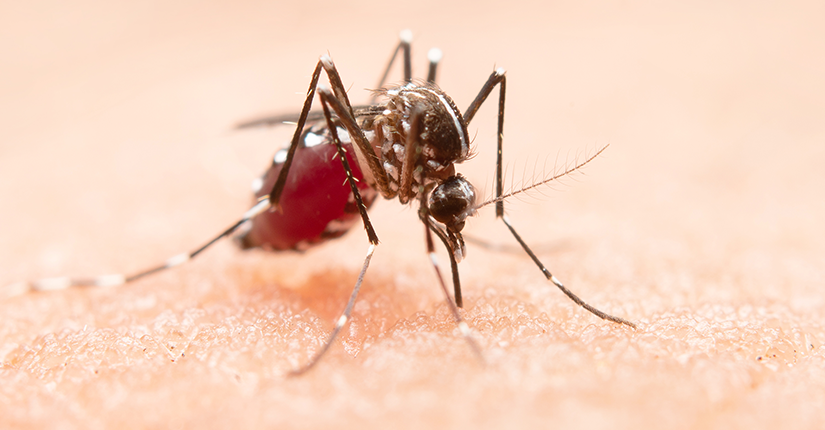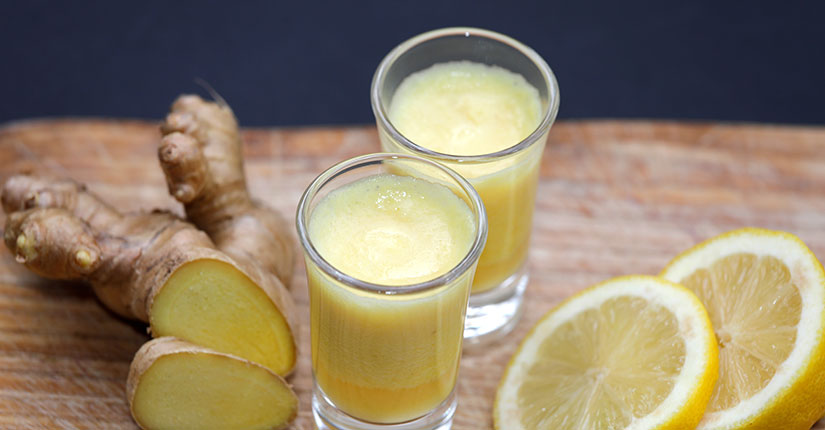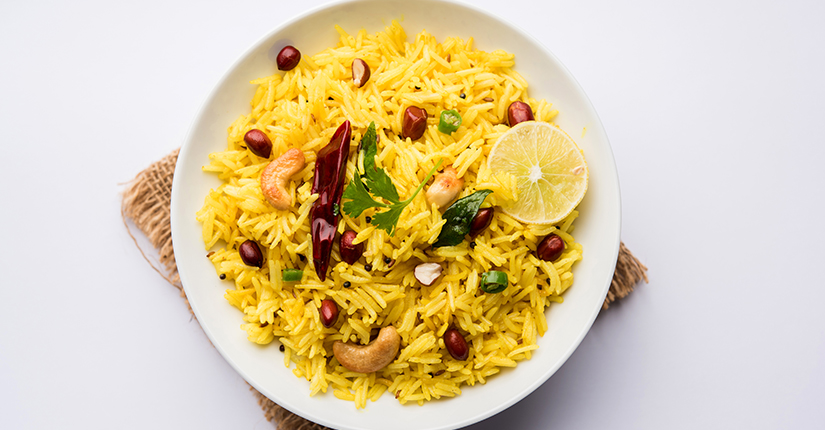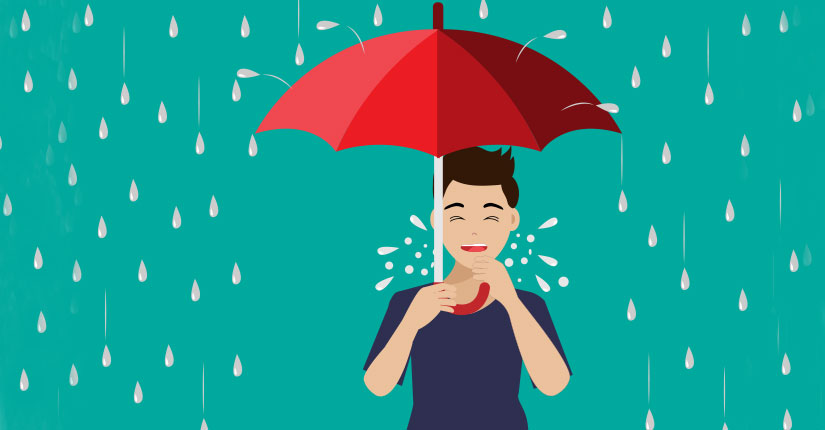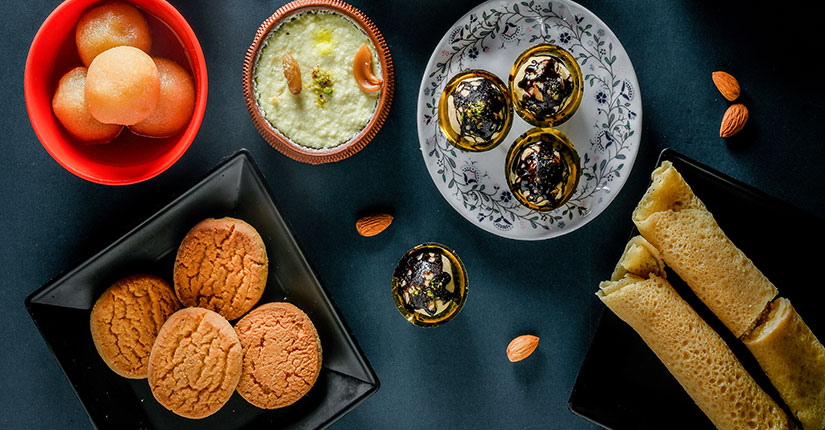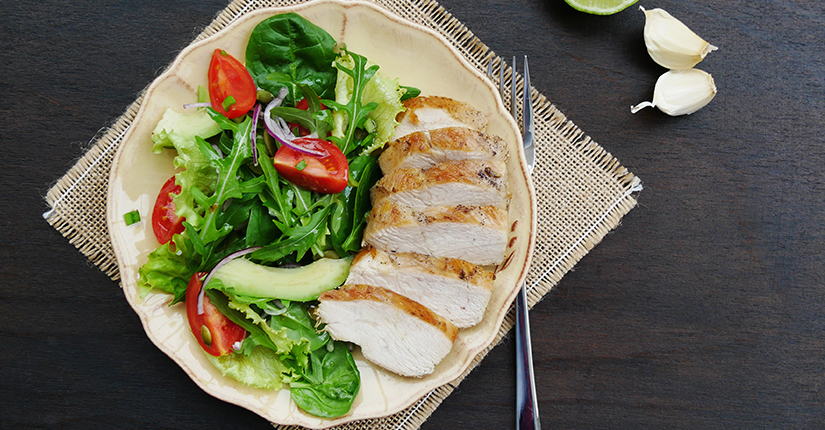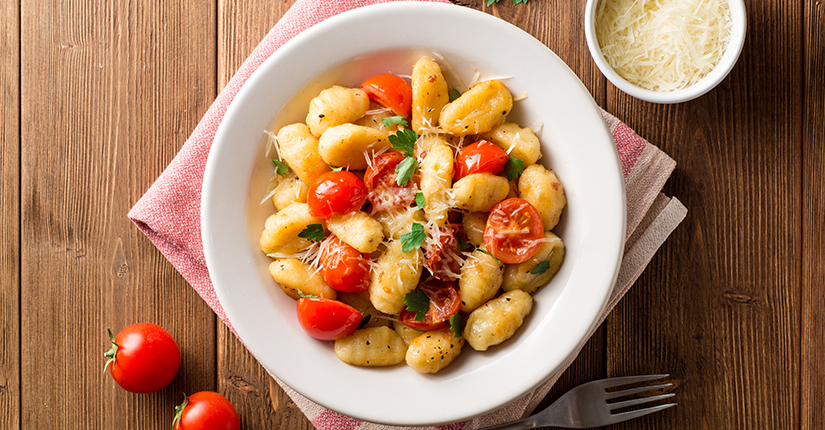Are your Periods Different during Different Season?
By Nmami Agarwal 20-Jul 2021 Reading Time: 5 Mins
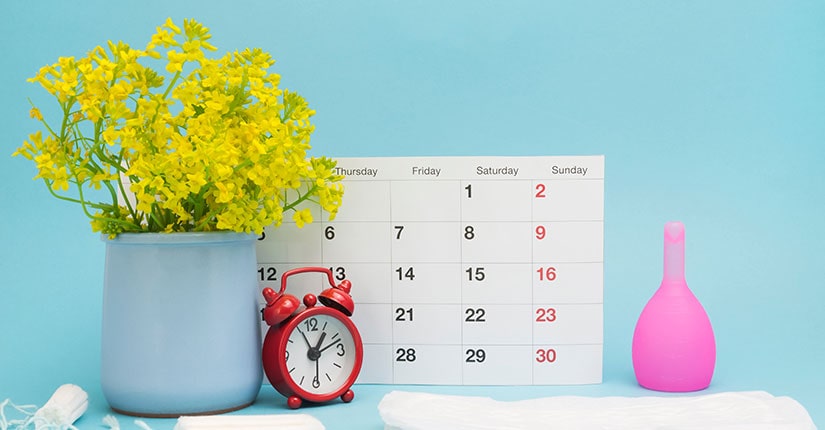
Cramps, mood swings, acne- though the period days are tough, we end up handling them like a pro no matter how long they last. With the common symptoms of periods, the worries of the duration of menstrual cycles are complimentary. We often go through a near heart-attack state when we don’t have our periods after 28 days. Isn’t it? Well, fret not! From stress to seasonal changes- a lot of things can muddle up with your menstrual cycle. Yes, you heard that right, changes in seasons can affect your period durations while making them shorter and longer.
Various studies suggest a lot of sunshine or lack of it can impact your menstrual cycle while changing its length. It is said that ovarian activity is quite developed during summertime as compared to the winter. The reason behind this is the “prevalence of sunshine before ovulation.” As per the health experts, “sunshine helps our body increase its secretion of ‘Follicle Stimulating Hormone (FHS), a hormone that helps regulate the reproductive functions of the body.” And therefore there might be chances that you ovulate at a low frequency during the winter season which ultimately leads to a longer menstrual cycle as equated to the season of summer.
Areas with extreme seasonal changes can easily affect your menstrual cycle. In addition to the season changes, lifestyle changes during different seasons also play a major role in deciding your menstrual cycle. During summers, we often spend a lot of time moving which further balances your hormones, treat irregular menstrual cycles and manage your PMS symptoms. We keep ourselves more active during the time of summer and that is the reason why the menstrual cycle is shorter during summertime. On the other hand, during winters we often end up hurling in bed and indulge ourselves in a diet full of carbs due to the lazy and cosy atmosphere that can take a toll on the menstrual cycle, making the periods lasting longer.
Further, the seasonal changes also modify the metabolic rate of the body, leading to hormonal imbalances which further affect your menstrual cycle. When you go to a location that is too hot or cold from the temperature you were residing in for a very long time, then your body takes time to regulate the temperature, consequently resulting in different symptoms including an irregular period cycle.
Behavioural shifts during the winter or summer season play a significant role in your menstrual cycle as well as your PMS symptoms. Lifestyle changes during colder months like exercising less, eating high fat and sugary foods can worsen your PMS symptoms while delaying your periods.
Footnote
To conclude, though seasonal changes affect the menstrual cycle, lifestyle factors like stress, travel, change in dietary pattern, exercising, and sleeping schedule can easily coincide with them and contribute to the changes in the menstrual cycle. How exactly can you deal with this? The best step is to consume a nutritious and well-balanced diet and keep yourself active by performing yoga and physical activities, no matter what the season is!

